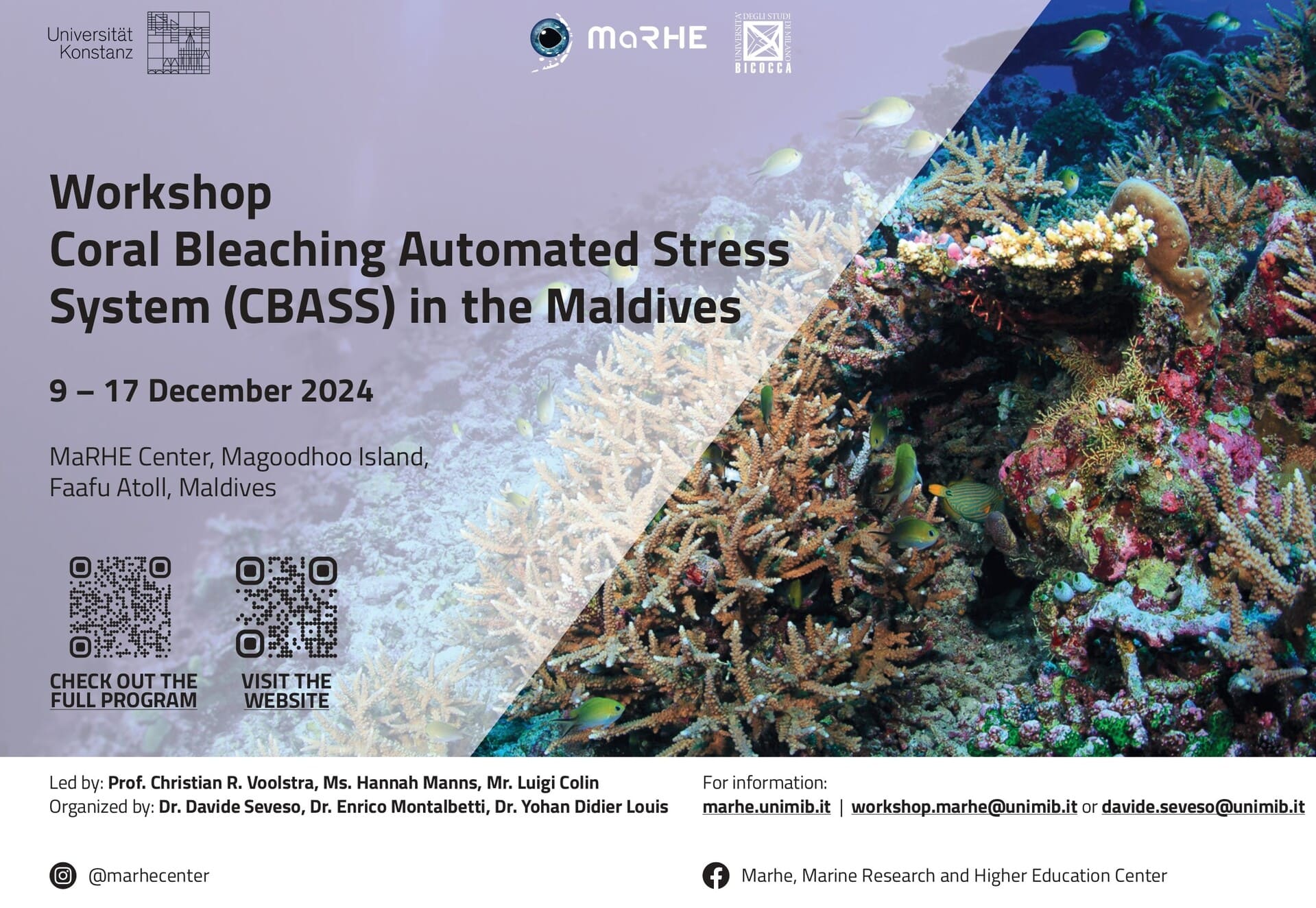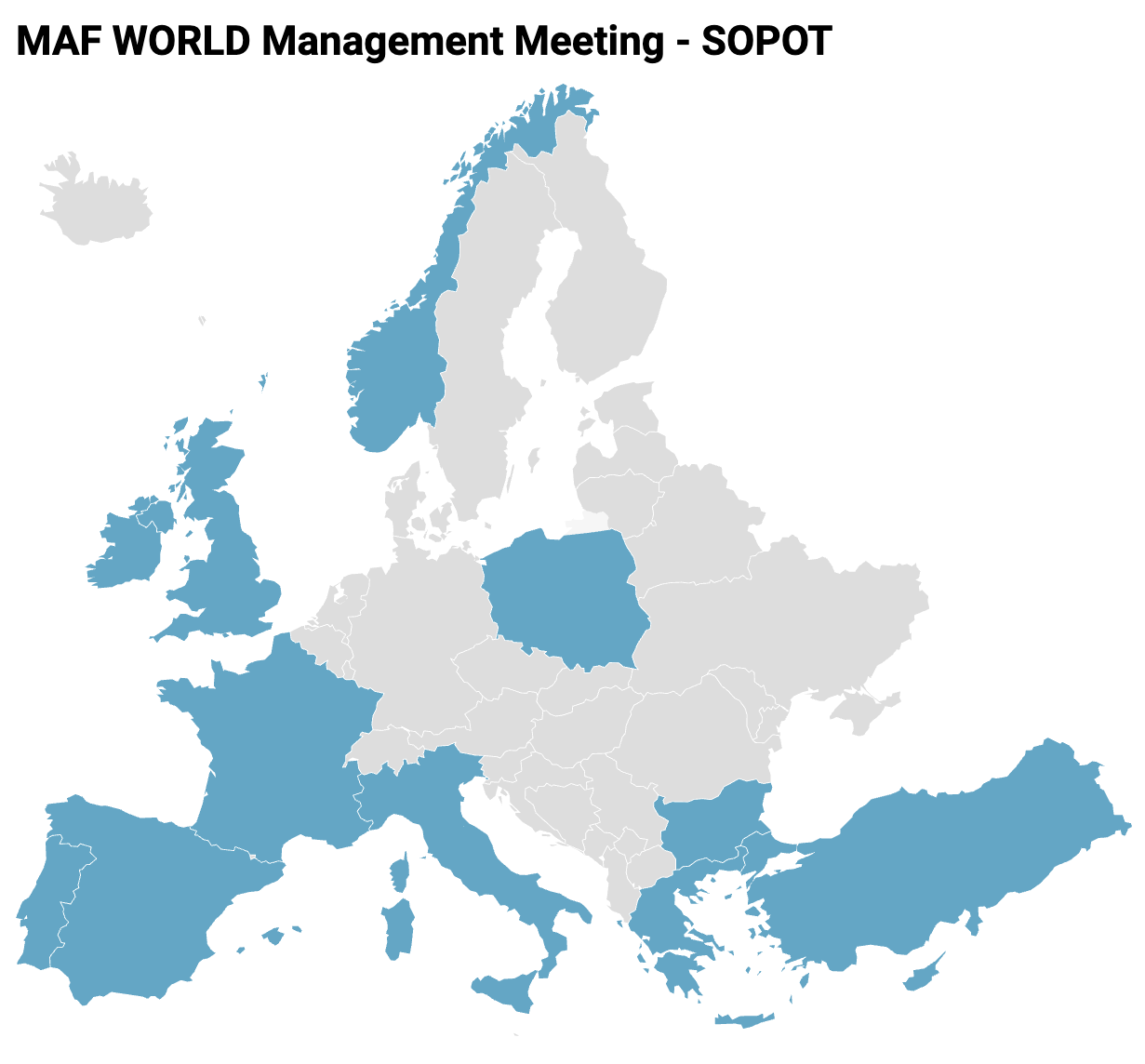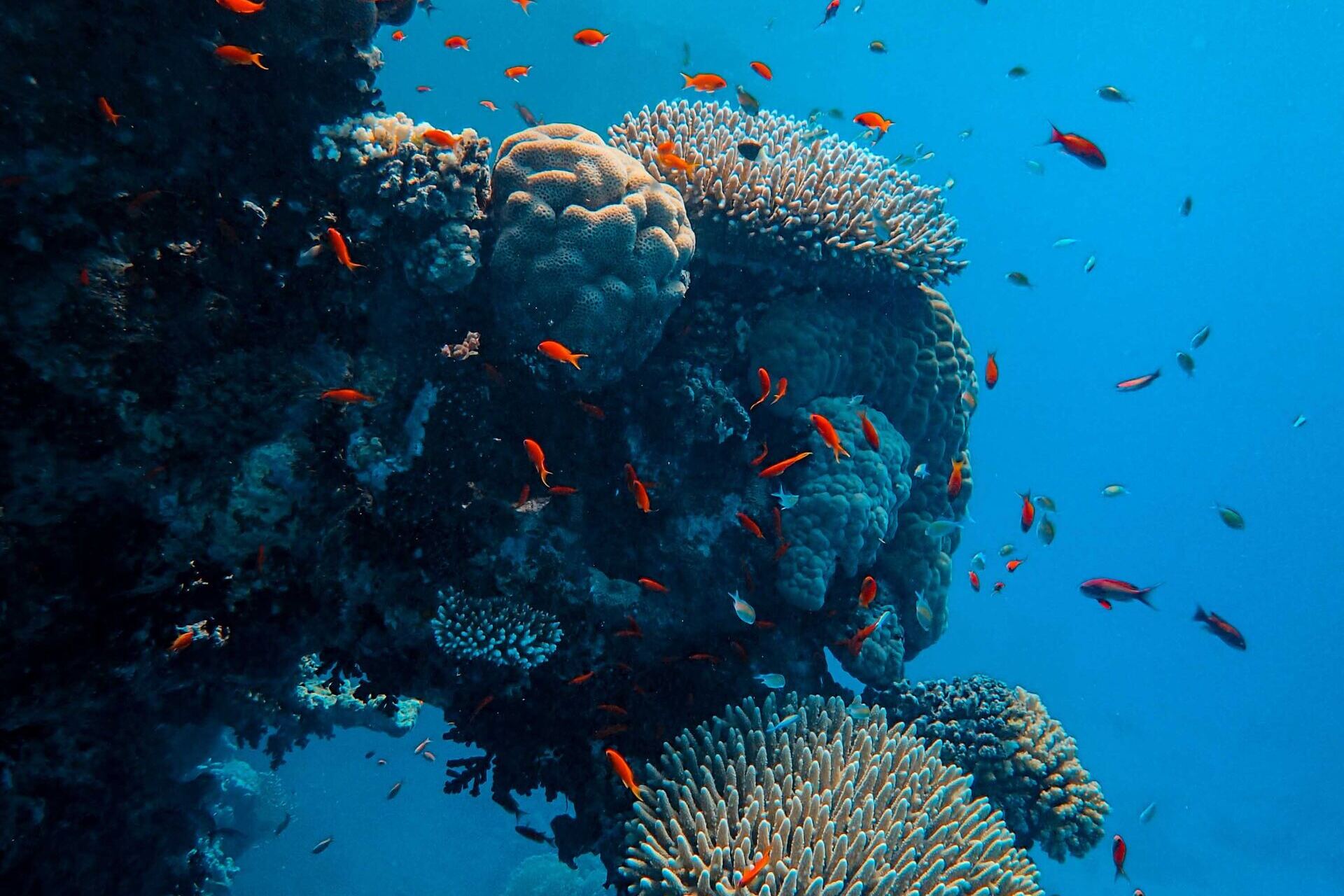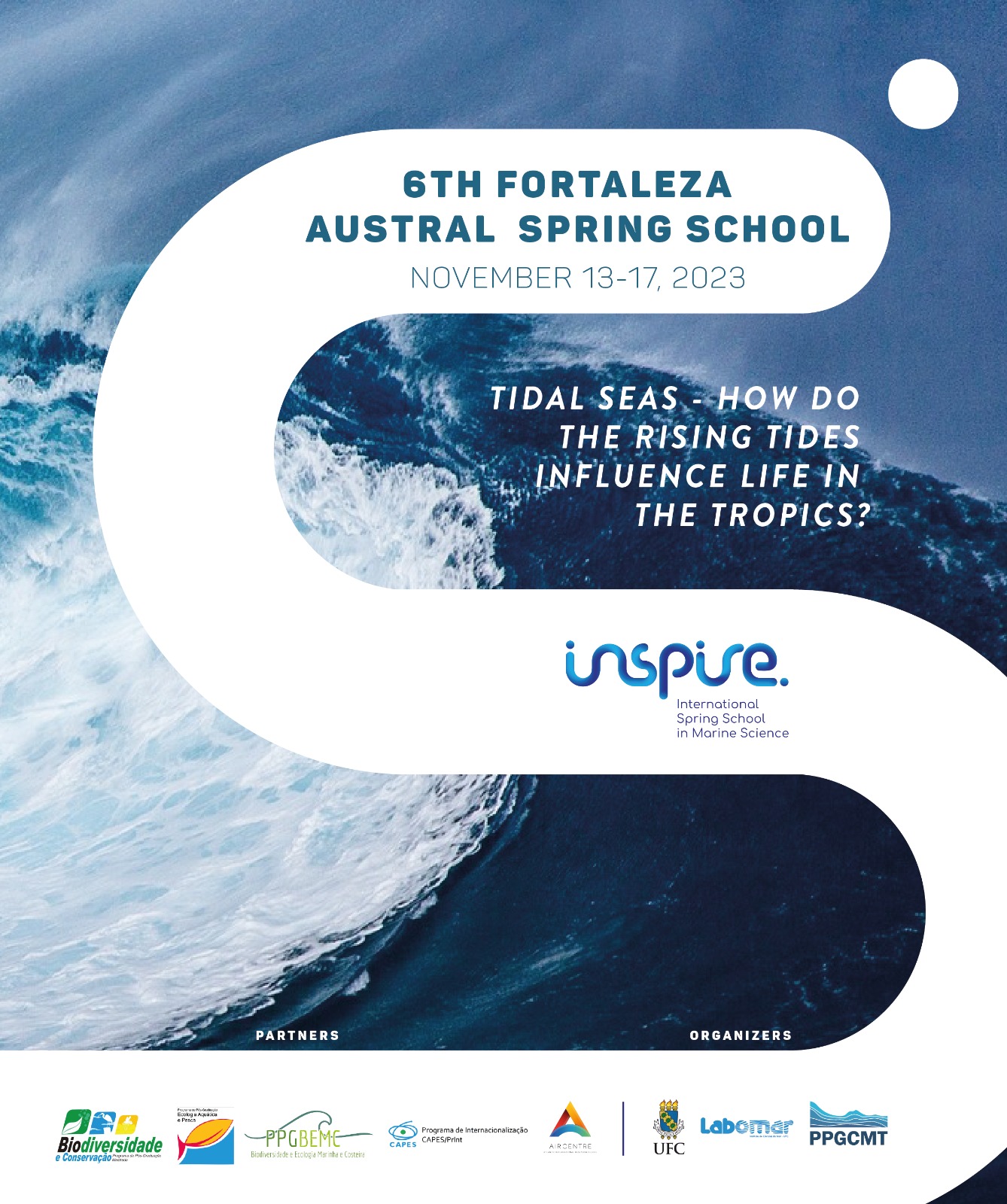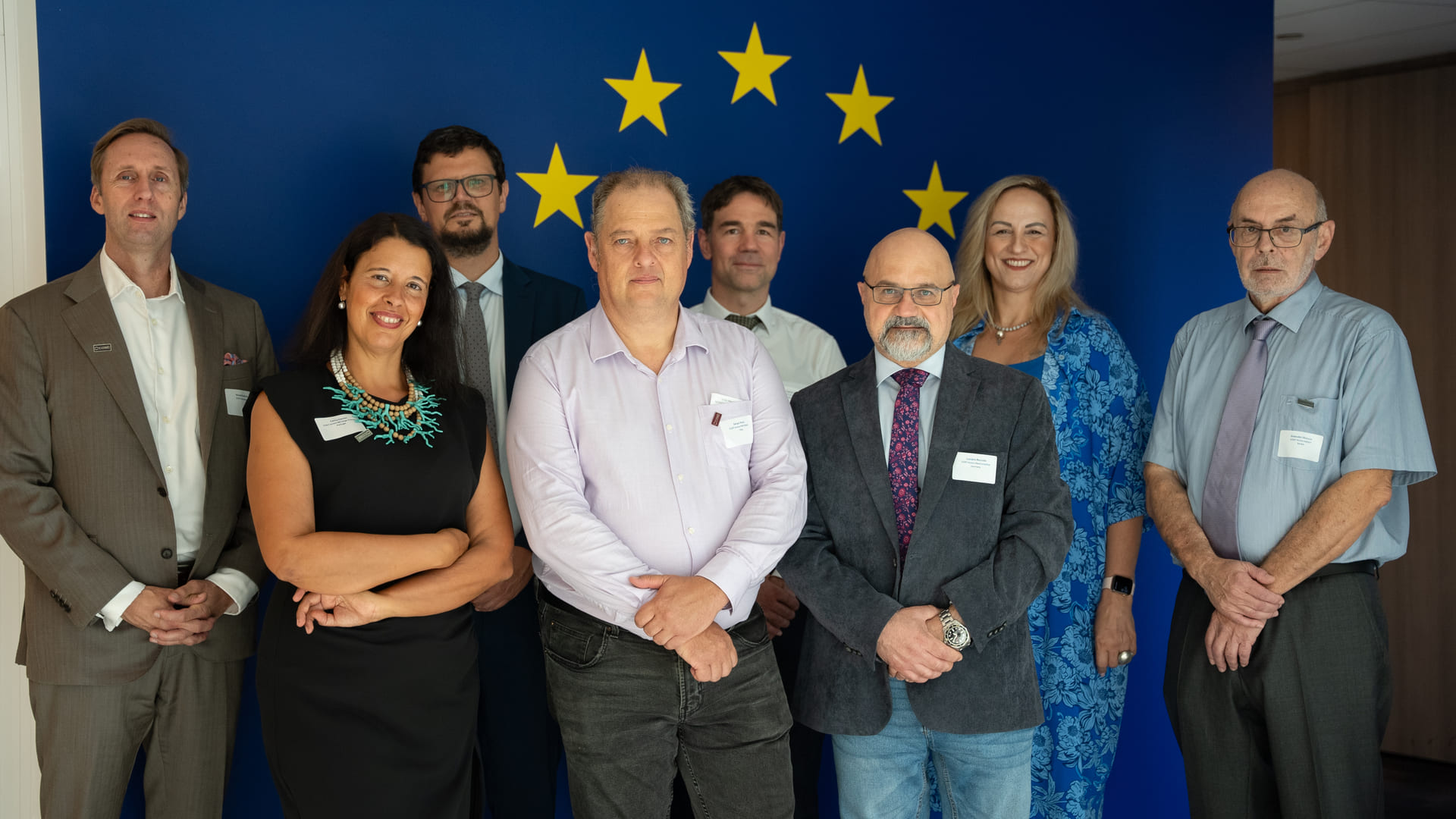Marine Animal Forests (MAFs) are built by many organisms that depend either partially or entirely on the heterotrophic uptake of particulate and dissolved nutrients for survival. Hence, changes in heterotrophic inputs due to impacts associated with climate change raise serious concerns regarding the long-term survival and vulnerability of MAFs.
In the upcoming online workshop “From the lab to the reefs: Assessing Heterotrophy in Marine Animal Forests and its importance in guiding conservation strategy” (Oct 26th-27th), Working Group 5 has organised an incredible program around this topic.
Remarkable invited expert speakers will expose the current knowledge, best practices/techniques and future research directions regarding the importance of heterotrophy for MAF resilience and conservation will be summarised and discussed.

